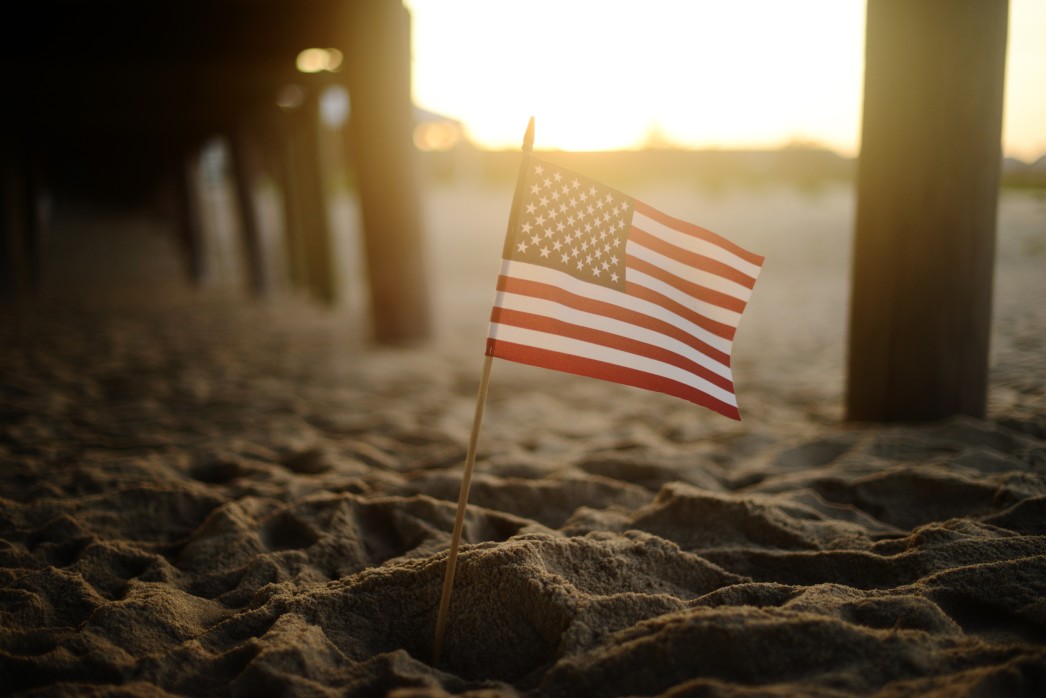The talk of a “fiscal cliff” is all over the news these days. Whatever partisan affiliation you have, I’d like to take a moment of your time to explain what happens when taxes are raised on wealthy people.
Anti-Government Response
Robert Winnett of The Telegraph recently wrote on the massive drop of people making more than £1,000,000 GBP. In Great Britain’s 2009-10 tax year, more than 16,000 people claimed incomes of over £1 million. However, in the following year, that number dropped to 6,000 people. What gives?
Just before his general election loss to current Prime Minister David Cameron, former Prime Minister Gordon Brown introduced a 50% tax rate for the wealthy. The Conservative party believes that the policy incentivized a large number of people to either move their funds elsewhere—or incentivized the people themselves to move abroad.
Pro-Government Outcome
So did the UK government benefit from this tax increase? Probably not. Winnett notes that it actually cost the UK £7 billion in lost tax revenue. And by “cost,” he means this: “The government did not take in as much money as it could or would have,” or: “The government spent money it thought it would come in, but didn’t.” The stark reality is that an increase in taxes actually leads to less revenue.
Deflating the Myth
There is a popular myth associated with certain economic beliefs, which goes something like this: “If we raise taxes on the wealthy, then they will pay more money.” As the example with the wealthy in the UK has shown, this isn’t always the case. We have factual reasons for thinking this is false, but let’s consider the presupposition behind the myth.
What makes someone think that we ought to raise taxes on the wealthy? Have people who have a lot of money done anything wrong? Or does it just seem easier to take their money because they have more of it? I think often times people believe it is the latter option; rich people have more money to help the government programs continue. But simply because someone has more money does not justify public officials taking a disproportionate amount of money from them.
Finally, why think that government workers could spend the money better than the wealthy people themselves? These individuals are often entrepreneurs and large job creators. Are the wealthy hiding money under their couches and mattresses? No. Their money is often either in a bank account or in investments. Money in the bank means that banks can give out loans to other people seeking to better their situation (home loans or loans to start businesses, for example). Investments allow entrepreneurs to at least try to create more jobs for the economy. So what reasons are there for thinking that rich people are not spending their money well?
While the “fiscal cliff” talks continue, we should reconsider how politicians on both sides of the aisle speak of taxing the rich, and we should carefully evaluate whether or not those ideas have merit.



